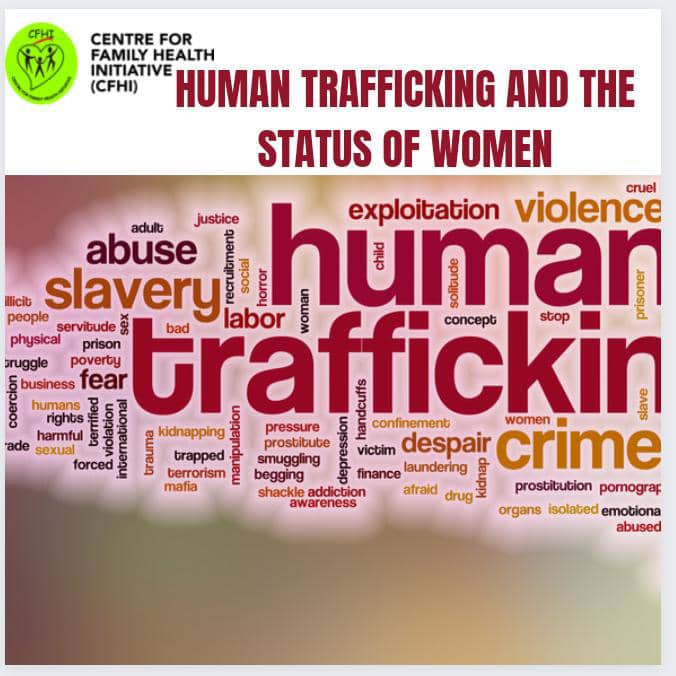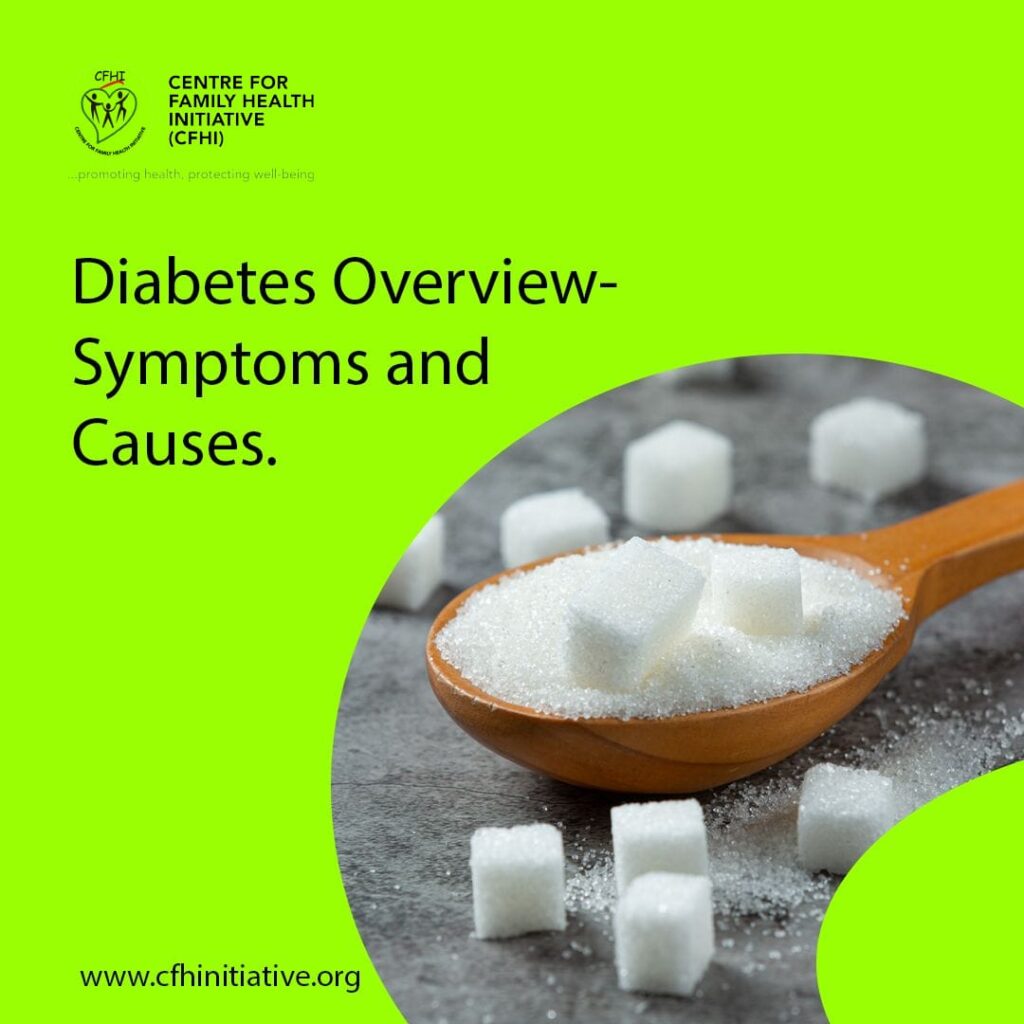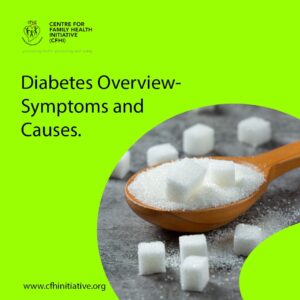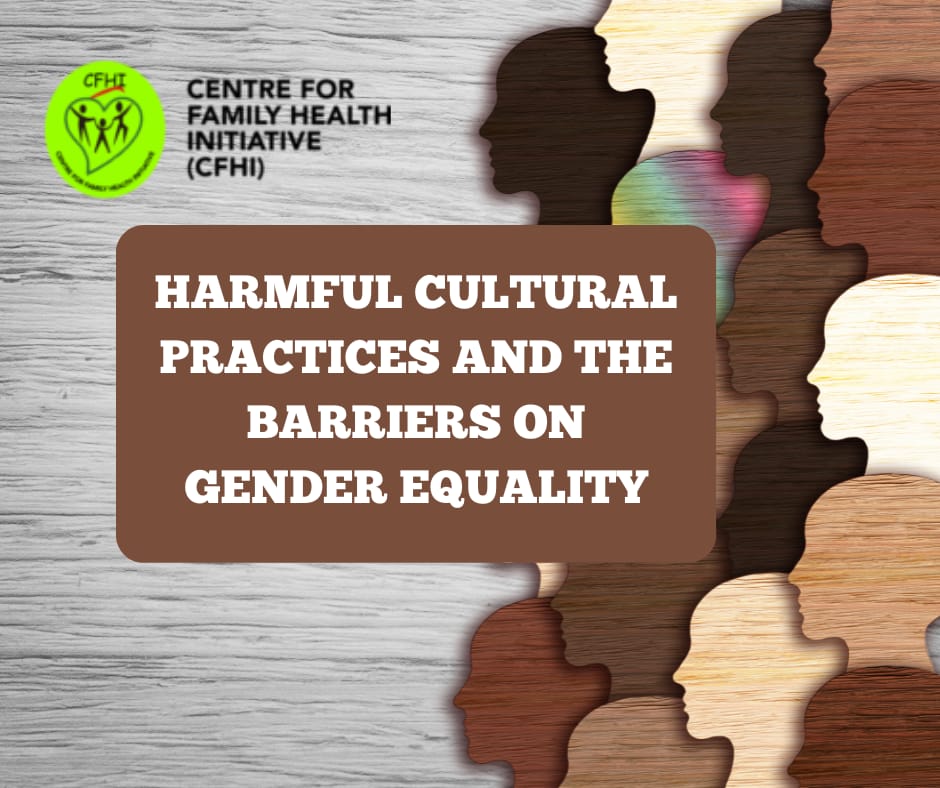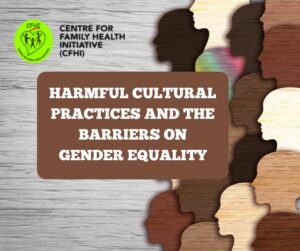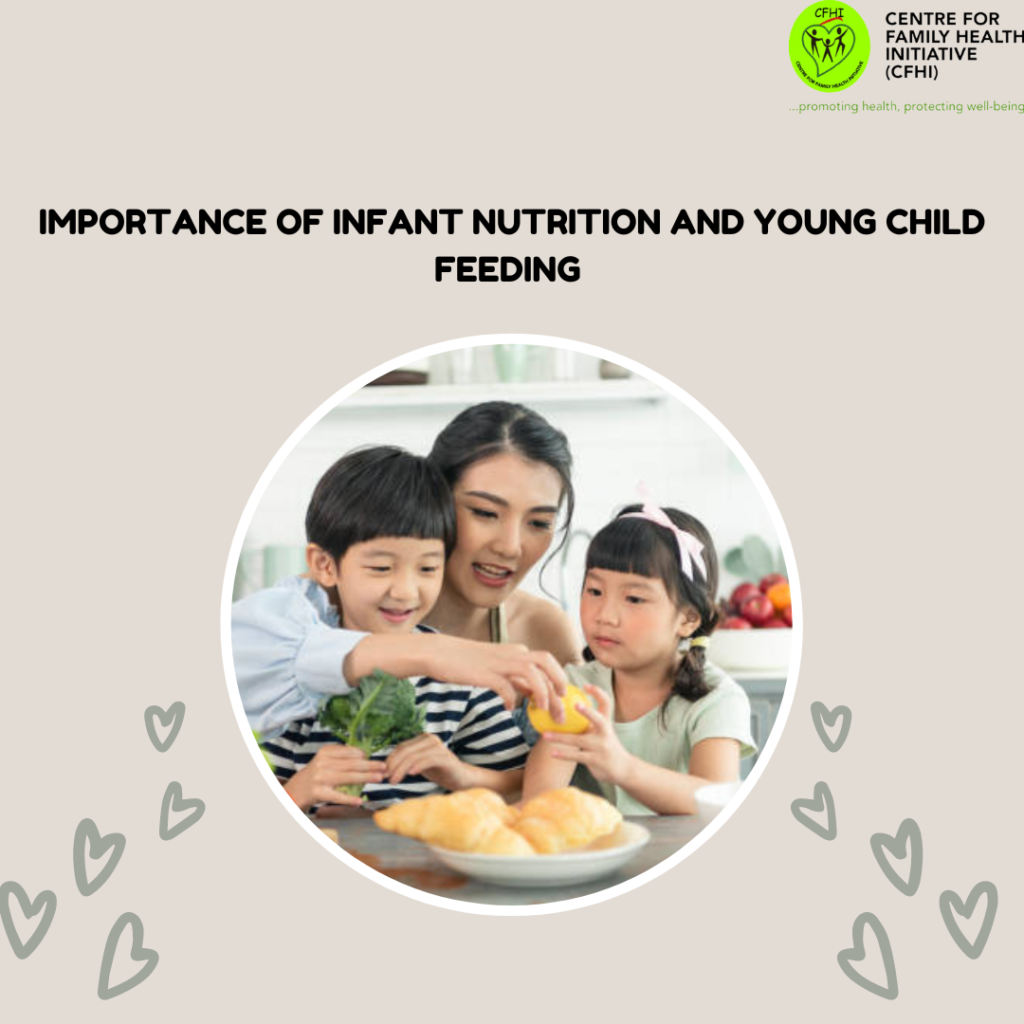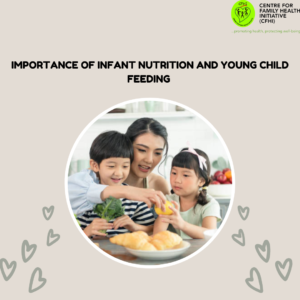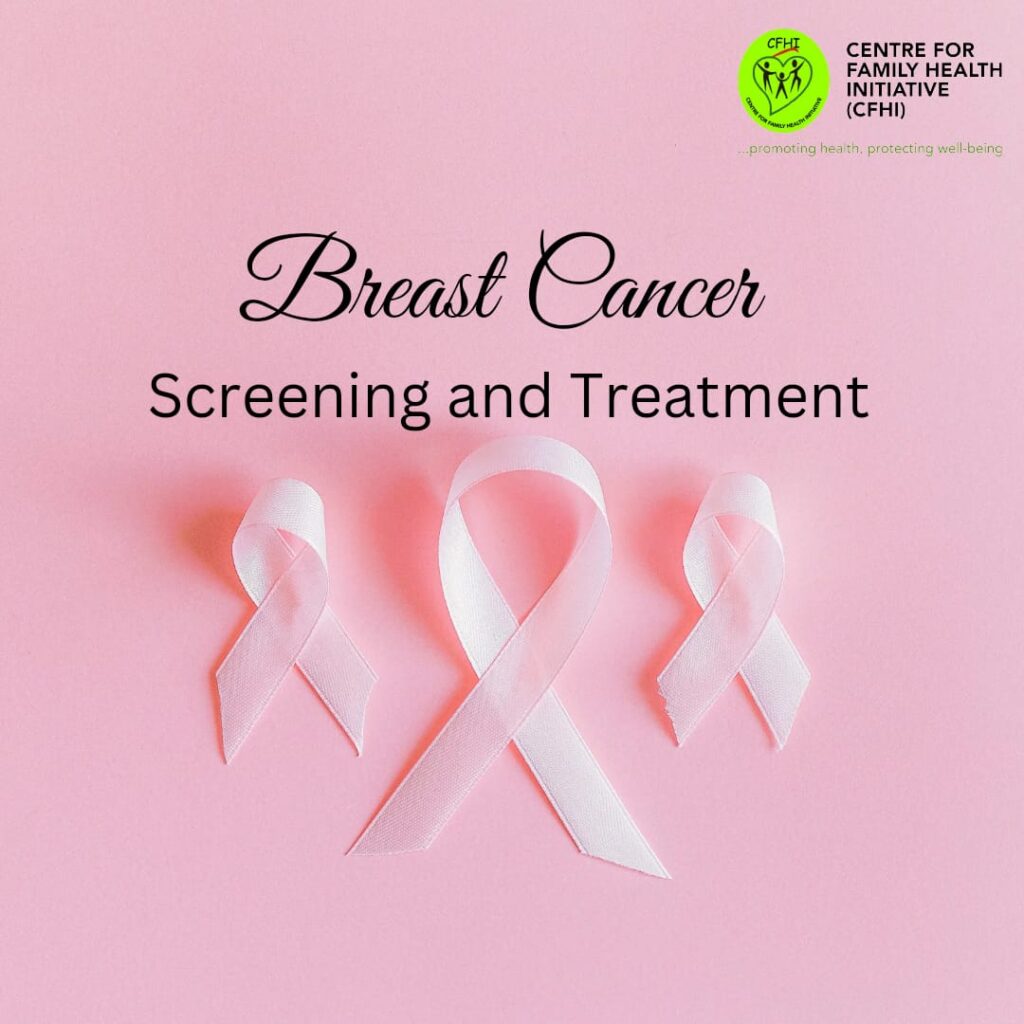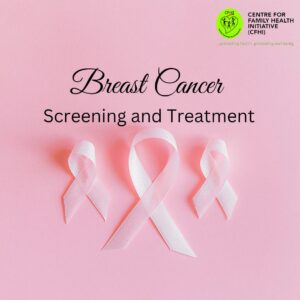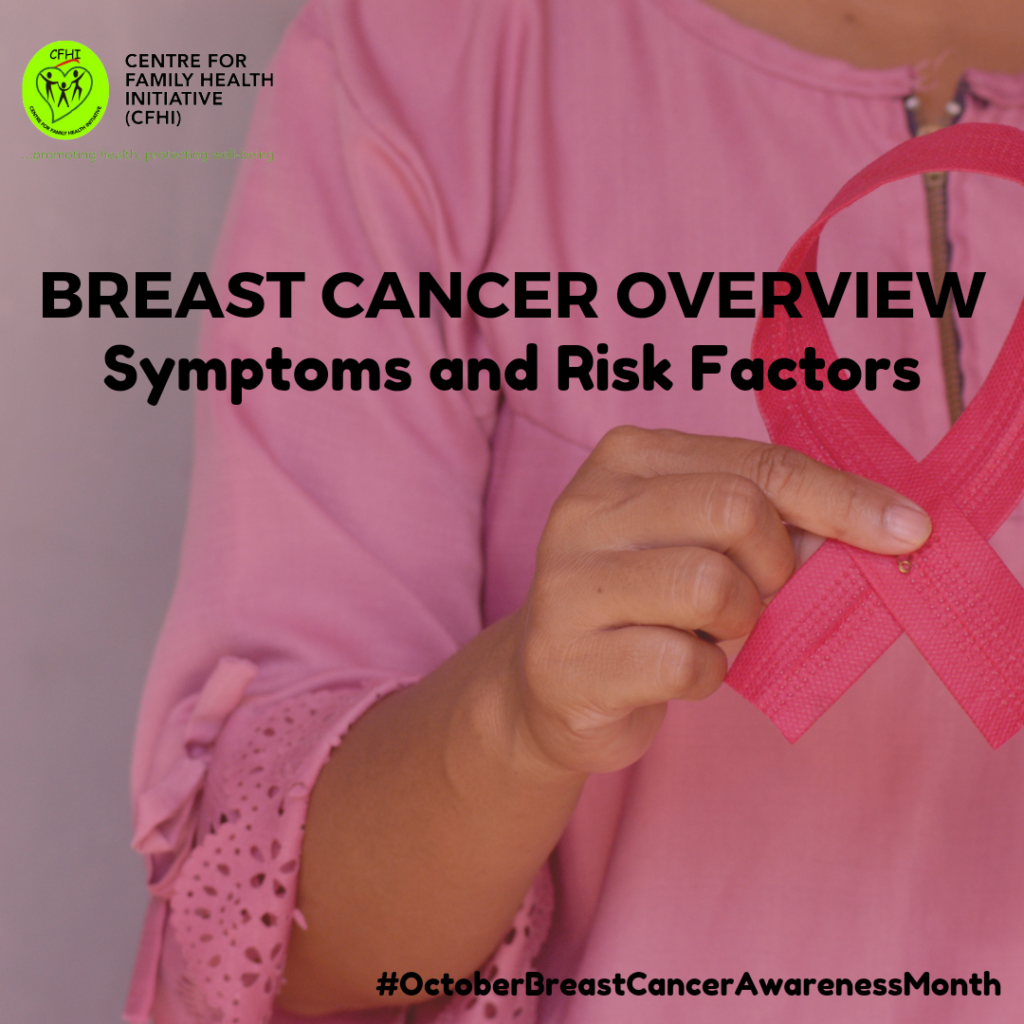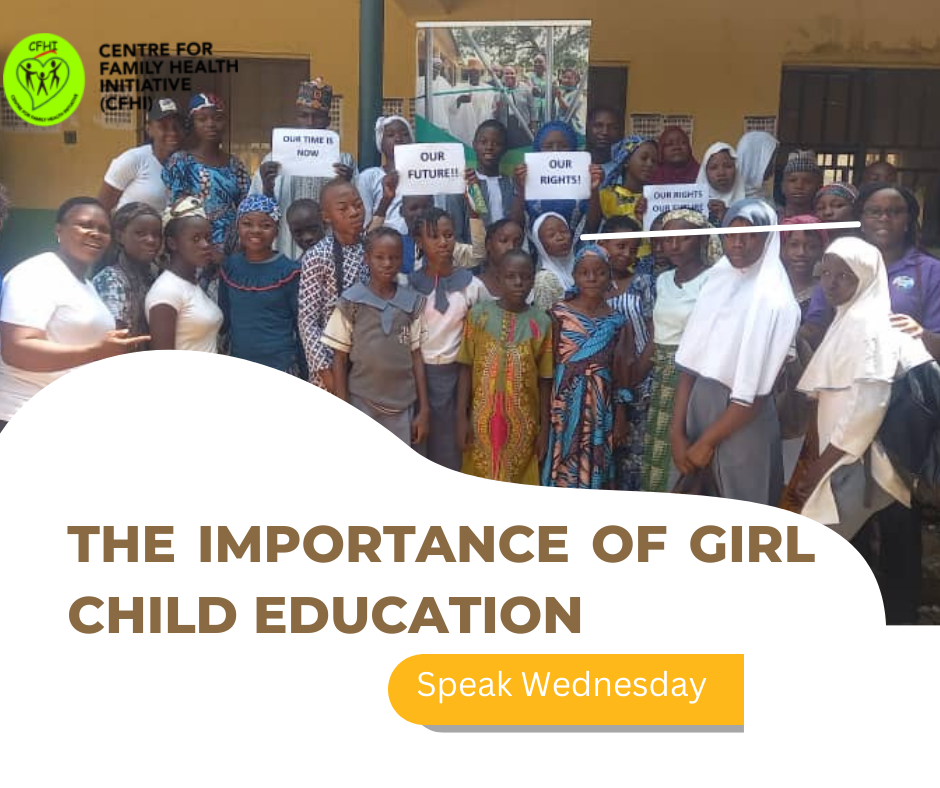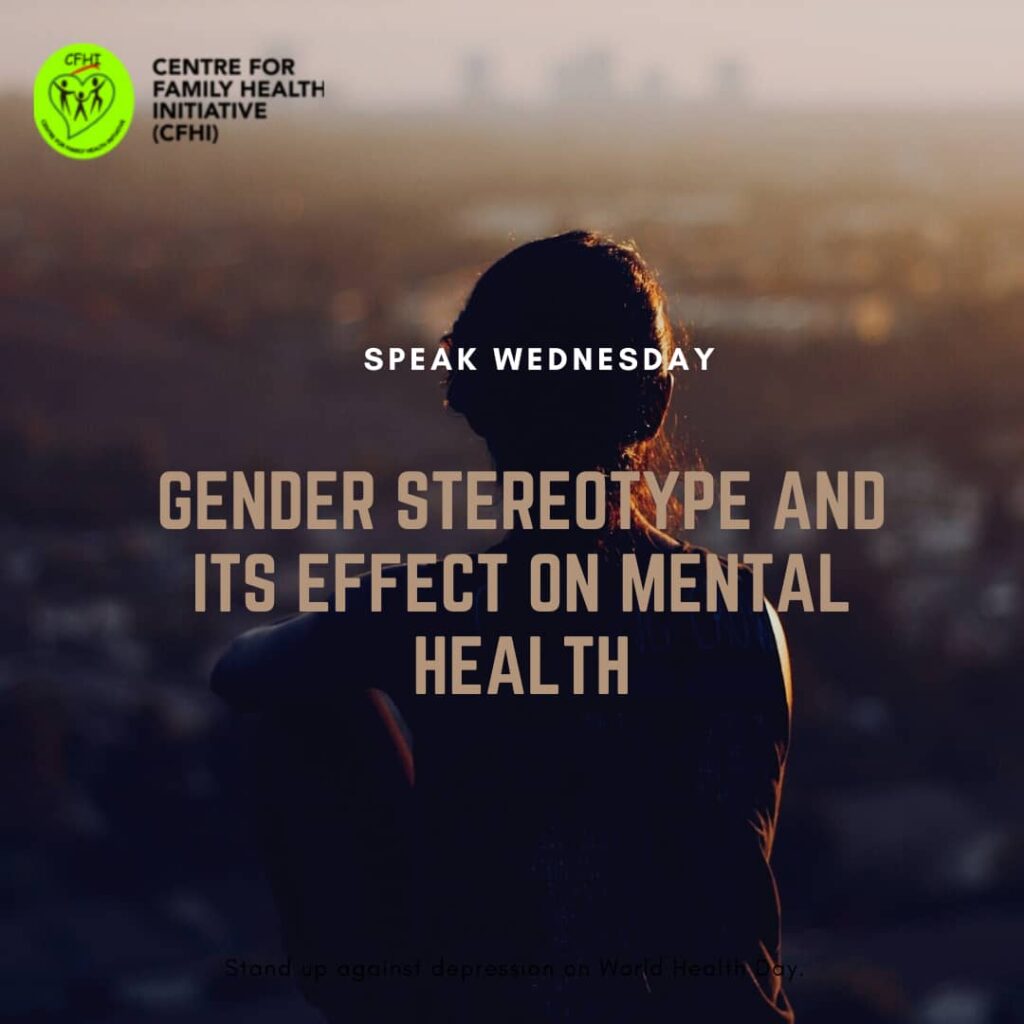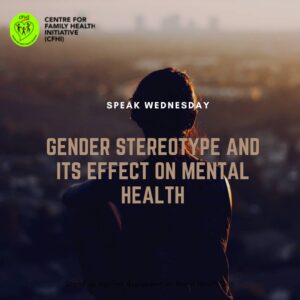SPEAK WEDNESDAY ON HUMAN TRAFFICKING AND THE STATUS OF WOMEN
The trade of people for the purpose of forced labour, sexual slavery, or commercial sexual exploitation for the trafficker or others is referred to as human trafficking by the United Nations.
Although human trafficking is a violation of human rights that affects people of all genders, the U.S. Department of State reported that women and girls make up the majority of those who have been found to have been trafficked for both commercial sex and labour.
This can also be supported by the findings of the United Nation that stated that women and Girls represent 65 percent of all trafficking victims globally. While more than 90 percent of detected female victims are trafficked for the purpose of sexual exploitation.
The Nigerian government in 2022 identified 521 sex trafficking victims. Out of them, 158 were children, all girls, and the rest were women. As much as this is a global issue, it varies from country to country.
There are many factors that causes human trafficking. Among them are armed conflict, social and cultural practices, economic deprivation, gender discrimination, lack of education, lack of respect for human rights, poverty, etc. However, the root cause of human trafficking is traffickers.
Human trafficking is one of the most damaging hazards and injustices that women and girls face especially in crises ridden areas. Victims of human trafficking experience high rates of physical and sexual violence, including homicide, torture, psychological abuse, horrific work and living conditions, mental health problems e.g., depression, PSTD, etc. – American Psychological Association.
Government, private citizens, and other stakeholders are urged to take aggressive action to curb the occurrence of this gendered crime that preys on women and girls.
Speak Wednesday is an initiative of CFHI to address issues around gender-based violence and gender bias.
#SpeakWednesday #HumanTrafficking #WomenTrafficking #ChildTrafficking #HumanRight #GenderBias #GenderInequality
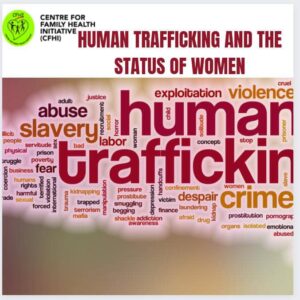
SPEAK WEDNESDAY ON HUMAN TRAFFICKING AND THE STATUS OF WOMEN Read More »

